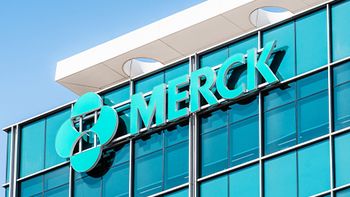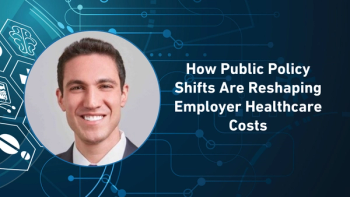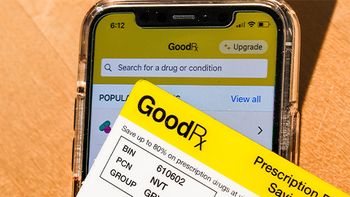
Magellan Rx Management's annual report on medical pharmacy trend: up less than 10% in 2013
Top 25 medical-benefit drugs showed an 8% increase over prior year
In the pharmacy benefit-management (PBM) world—especially with the annual Drug Trend Report published by
Some qualifiers: not all medical-benefit drugs are specialties—but many of them, requiring infusion or injection under a doctor’s supervision, are. Magellan’s figure is based on the top 25 medical-benefit drugs by cost; it also looked at the 26-50 group, and found an increase of 13%. And while Magellan’s report includes a payer survey current for 2014 (the survey was conducted in early fall), the spending data is a year behind. Only in next year’s report, for example, will Sovaldi, the Gilead Sciences hepatitis C cure that has Express Scripts so exercised, show up, if at all, in the Magellan report.
For pharma marketers concerned with what channels are used to get specialty products to patients, there is a mixed message in the Magellan data. The 2014 survey indicated that drugs administered in the hospital outpatient facility, when indexed to average sales price (ASP), were reimbursed (i.e., paid for by the payer) at 2-3 times ASP. Drugs dispensed in the physician office setting (sometimes through a buy-and-bill process) were reimbursed at ASP + 11-18%. This phenomenon, well known in oncology circles, is part of why therapy is less expensive outside the hospital setting for many specialty disease states. However, the survey also showed that more than half of commercial payers felt it would be advantageous for members to have the drugs billed through the medical benefit, while one-third felt it would be advantageous to members to have it billed through a pharmacy benefit. “This highlights the continued need for more unified and consistent specialty drug management across the pharmacy and medical benefits,” says Magellan.
Magellan Health (Scottsdale, AZ) of which Magellan Rx Management is a part, is a healthcare management company with PBM, specialty pharmacy and behavioral health services for patients with complex needs. Covered lives are in the neighborhood of 30 million nationally.
Newsletter
Stay ahead in the life sciences industry with Pharmaceutical Commerce, the latest news, trends, and strategies in drug distribution, commercialization, and market access.



